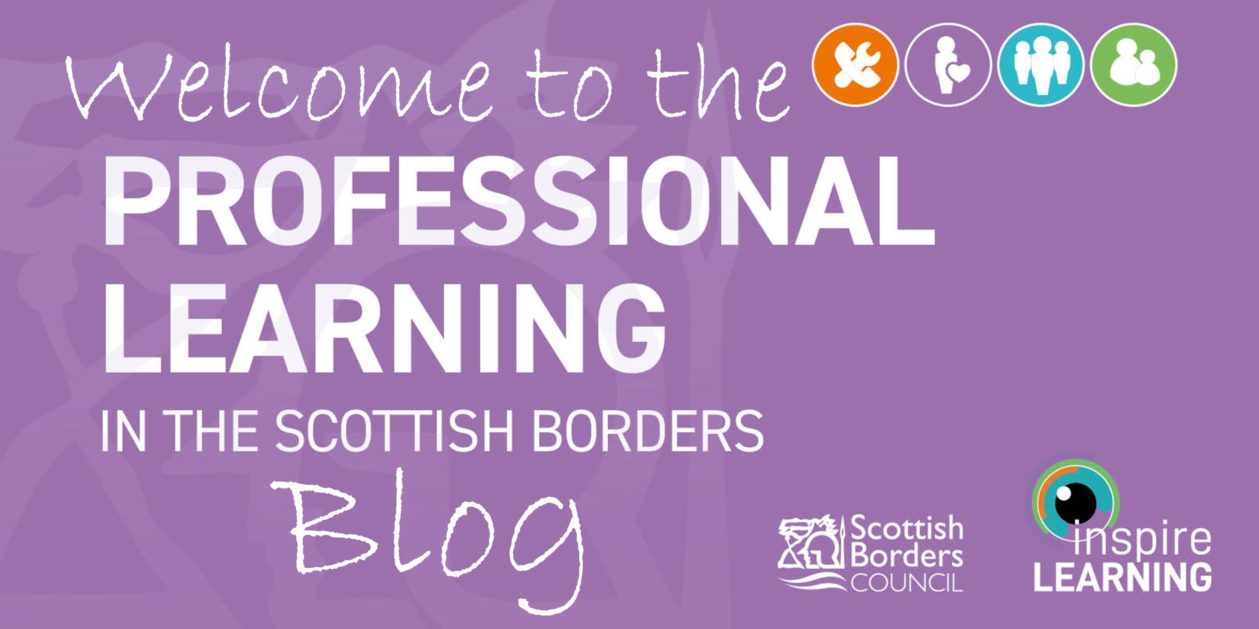We are organising training for the second SBC cohort of the Massage in Schools programme.
It has strong, evidence-based outcomes including reductions in negative physical touch behaviours and is widely used across Scotland and the rest of the world.
Feedback from schools in the Borders already using this in session 2024 – 25 has been very positive. Please see attached and below.↓
Target Audience: Pupil Support / Support for Learning /ASN / Nurture staff iws
Training Dates: It will be delivered over two days on Fri 19th and Mon 22nd of September 2025. Attendance at both days is required. Dougie Mirfin, the trainer, is looking at a way he can condense input on Friday 19th. .
Venue: Council Headquarters
TO BOOK – sign up via Business World
Attendees will be expected to deliver this program in schools and will be licensed to deliver this program for life after completion of the course.
Potential attendees should be aware that the training does involve direct, positive, physical contact before they agree to attend or participate
This programme can be delivered
- for targeted groups
- as a modelled whole class offer. In this instance the class teacher will be expected to continue with delivery after the programme has been delivered to their class.
There are 20 places so we can offer two places per cluster.
Find out more:
See attached and via link below.
Scottish Borders Teacher Feedback:
P1/2 Teacher
‘The massage within P1/2 has been very beneficial for the children. They love doing it, very motivated and engaged, they are very respectful of each other and show great listening. The massage helps to regulate and relax the children. I have been doing it after break everyday and I feel my maths lessons are much more settled. I would like to do it after lunch as well but at the moment the timetable is a bit hectic. I plan to move things about to allow me to do it 2 times a day.’
Primary 2/3 Teacher
‘Massage worked really well with Primary 2/3. They all looked forward to massage on a Monday and loved taking part. I had two pupils who did not want to take part at the beginning of the block. After watching their peers for a few weeks, they decided to join in and I feel these children are the ones that have benefitted the most. They never liked anyone in their personal space but because massage is focused on giving consent, I think the children like that they are in control and can say stop if they don’t like it.
I have started introducing massage at the start of Circle time as it calms them down and relaxes them ready for a quiet activity. I have used it a couple of time after break time to bring them back down after a busy playtime outside. They are all now better at listening and doing the massage with their partner. At the beginning of the block, they were a bit excitable and I didn’t think it was very relaxing for them. However, now that they know all the moves and they know what to expect it is having a positive impact. After massage they are ready to learn, their listening is better and they stay engaged with the learning task longer’



